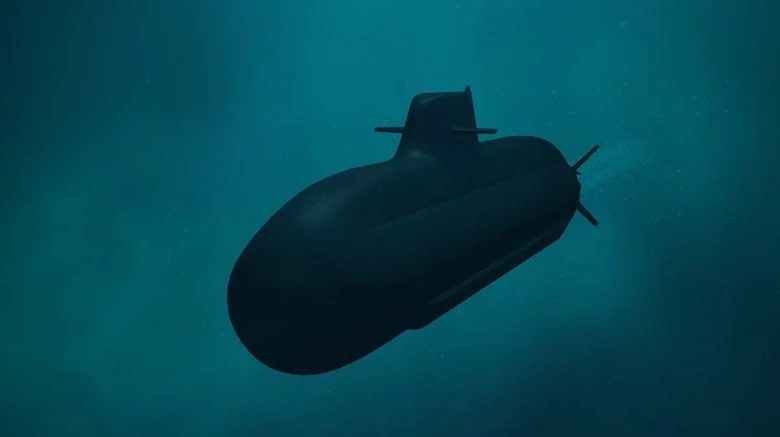İtalya yeni nesil denizaltı üretimi için yeni bir sözleşme imzaladı

İtalyan parlamentosu, İtalyan gemi inşa firması Fincantieri’ye, ülkenin üçüncü U212 Denizaltısının (NFS) üretimine başlaması için yetki verdi.
İtalyan gemi inşa firması Fincantieri, 2021’de sözleşme imzaladığı ilk iki denizaltının yanında üçüncü bir denizaltı daha inşa etmek için İtalyan parlamentosundan yetki aldı.
Verilen bilgilere göre onay, Şubat ayında gerçekleştirilen kritik bir tasarım incelemesi de dahil olmak üzere aylarca süren idari prosedürlerin ardından geldi.
Ancak yeni U212 NFS için üretim zaman çizelgesine dair bir açıklama yapılmadı.
Fincantieri, yalnızca ilk iki denizaltının 2027 ve 2029’da teslim edileceğini ve ikinci tekne için bu ayın sonlarında bir çelik kesme töreni yapılacağını açıkladı.
Fincantieri, yeni denizaltının, Leonardo’nun muharebe yönetim sistemini de içeren, İtalyan savunma endüstrisinden gelen en son teknolojiyi bünyesinde barındıracağını açıkladı.
Verilen bilgilere göre buna ek olarak, iki savunma firması, İtalya’nın güneyindeki İtalyan Donanması’nın Denizaltı Merkezi’nde kurulacak yeni bir simülasyon ve eğitim laboratuvarı üzerinde işbirliği yapacak.
Kaynak: M5





